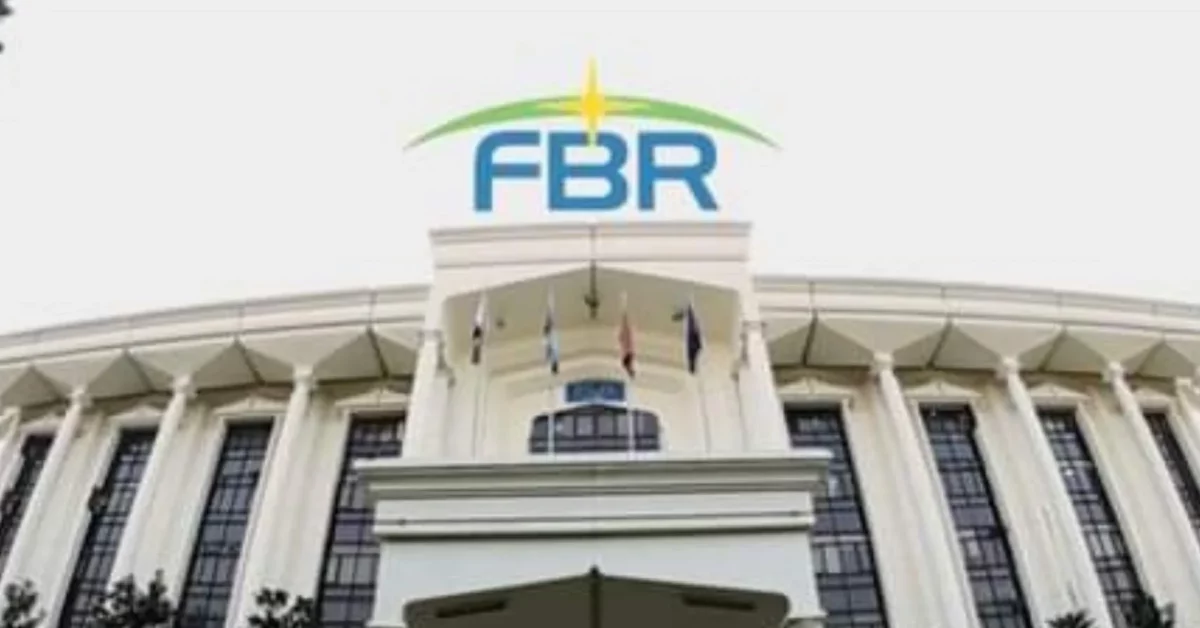
State Life Partners with JS Bank to Expand Insurance Access Across Pakistan
May 18, 2025
ABHI, UAE Firm Partner for Overseas Wage Access
May 19, 2025The International Monetary Fund (IMF) has raised concerns over a projected tax revenue shortfall of up to Rs1 trillion for Pakistan in the fiscal year 2025–26. This gap stems from slower-than-expected economic growth and persistent revenue collection challenges. In response, the IMF is urging Pakistan to implement additional revenue measures to meet its fiscal targets.
The IMF has warned of a potential Rs1 trillion shortfall in Pakistan’s proposed Rs14.3 trillion tax target for FY2025–26, far exceeding the Rs560 billion in new tax measures planned by the government. While Pakistan expects revenue growth driven by economic factors, the IMF projects only Rs13.3 trillion in collections without new policies. To bridge the gap, Pakistan must introduce further taxes or significantly improve enforcement.
Past efforts have fallen short, with last year’s Rs1.3 trillion in new taxes still missing the original target. The government aims to raise Rs600 billion through enforcement next year, but similar promises were unmet this year, with only Rs34 billion recovered from court cases out of an expected Rs400 billion.
Doubts over the FBR’s projections have led to World Bank involvement, and while FBR officials are optimistic about a modernization plan involving digital tools and anti-smuggling efforts, internal skepticism persists. Critics within the FBR question the feasibility of a 16% growth target based on an unrealistic 40% rise in tax collection. Additionally, the government continues to struggle with taxing retailers and may shift focus to wholesalers and distributors.






